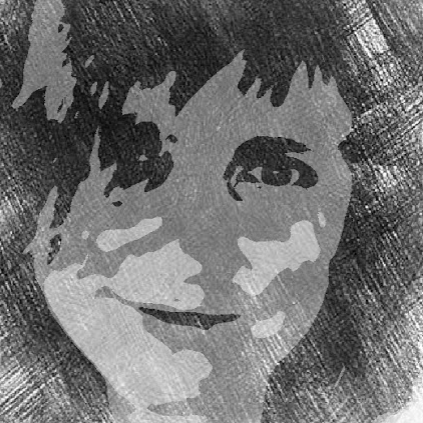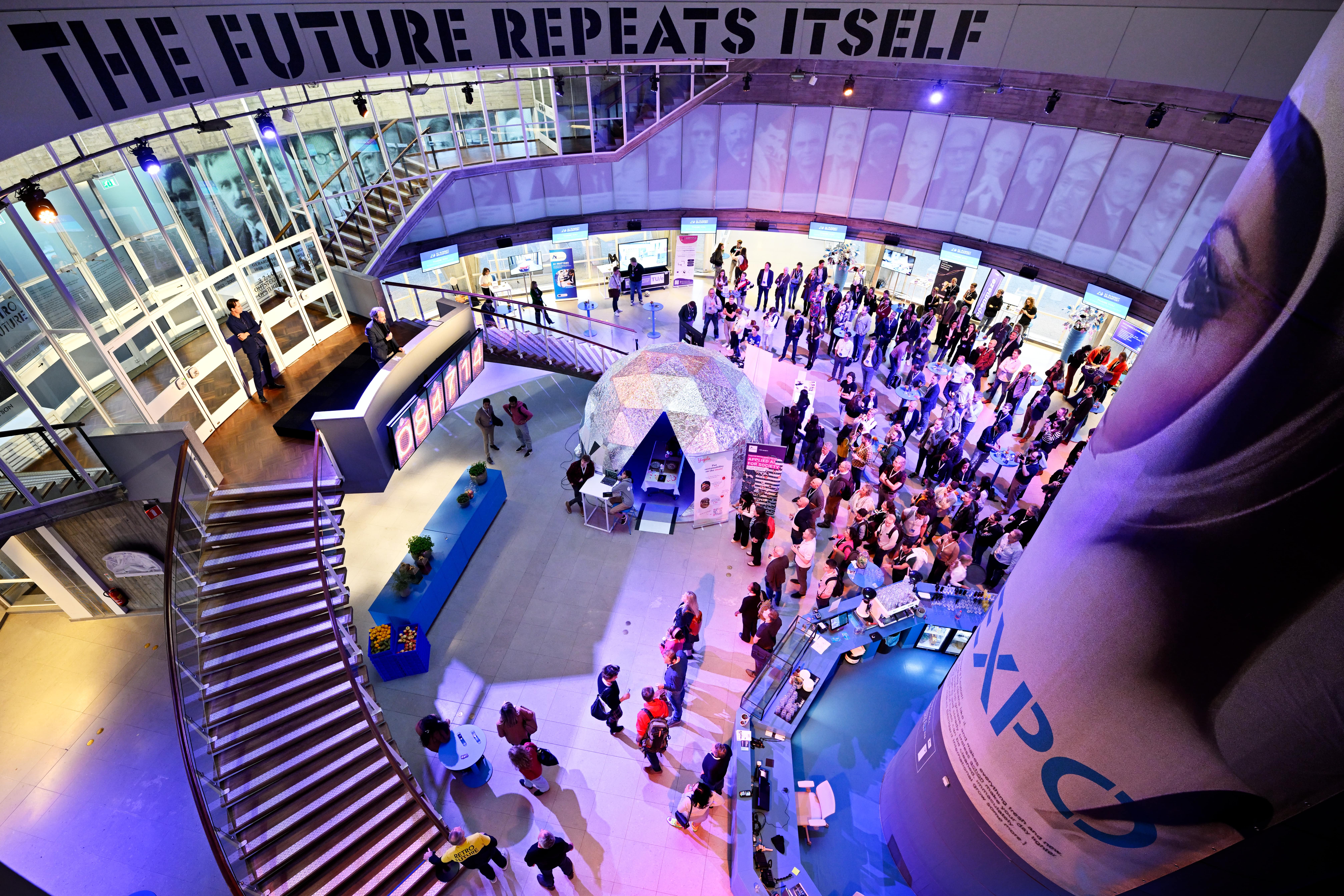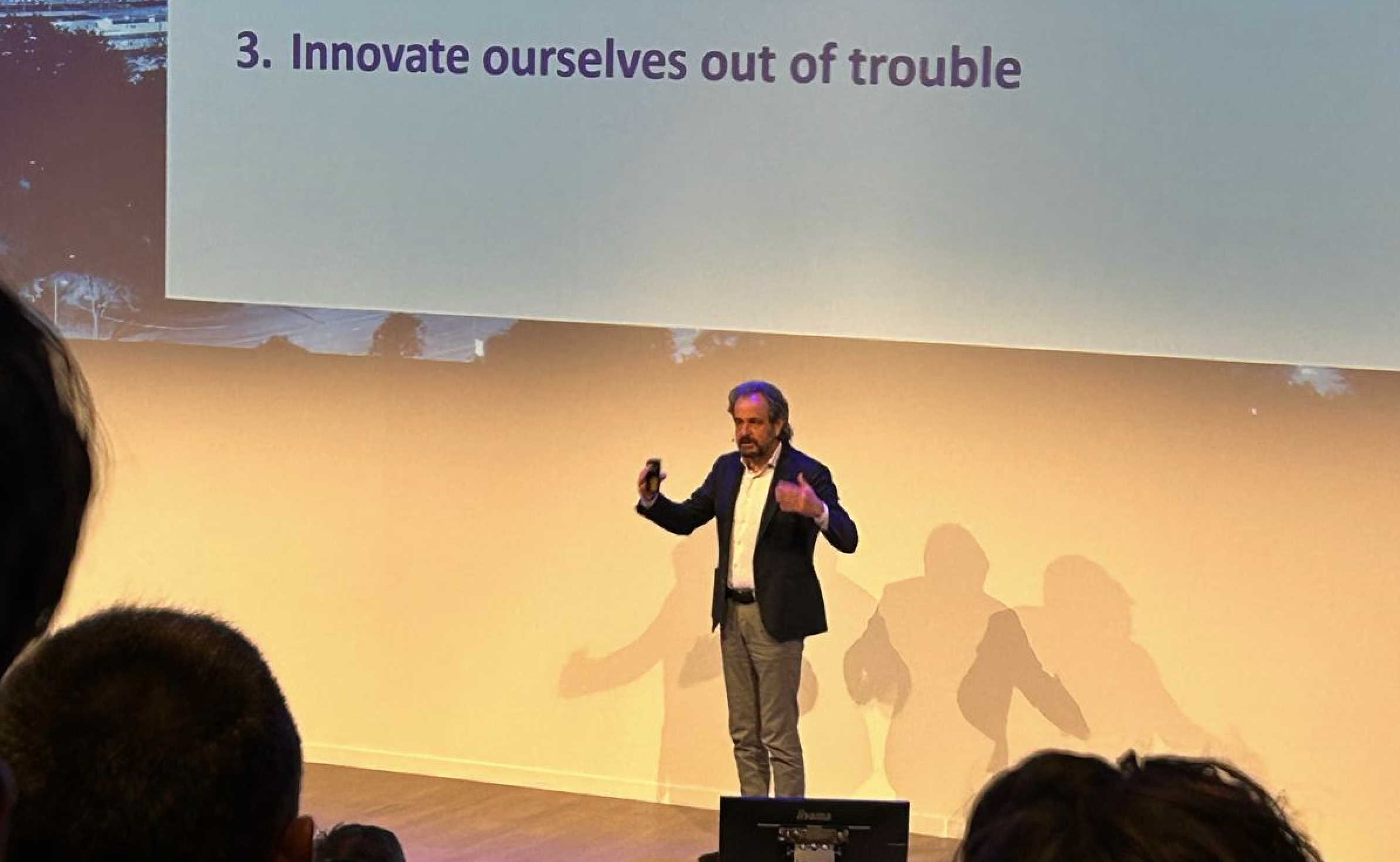
Since this year, the Netherlands has five centers where small and medium-sized companies (SMEs) can test the integration of applications that use artificial intelligence or AI in their manufacturing processes. Namely, RoboHouse in Delft, Fieldlab Flexible Manufacturing on the Brainport Industries Campus in Eindhoven, Region of Smart Factories in Groningen, Campione 2 from the World Class Maintenance organization in Gilze-Rije, and lastly, TValley in Enschede. Jelmer Alberts, the AI specialist representing the FME advocacy organization for technology companies in the Netherlands, made this announcement during the EAISI Summit in Eindhoven at the end of November. EAISI stands for the Eindhoven AI Systems Institute and is a leading research organization of the Eindhoven University of Technology (TU/e). It focuses on the development and application of AI in industries, among other things.
The arrival of the five field labs for AI applications is very good news for the Dutch business community. The European Commission has already been busy for several years with linking SMEs to networks that help entrepreneurs make use of AI. This is a problem throughout Europe, given that small and medium-sized entrepreneurs often do not have enough time and money to adapt their manufacturing processes. This requires a thorough analysis of the manufacturing process, specific knowledge to assess which type of AI can best be introduced, and, of course, money to purchase new equipment and systems as well as further training.
Even a butchery can test out a robot
The five AI hubs, as the field labs are called, are spread all over the Netherlands. But that does not mean that there is always a suitable hub for every company just around the corner. As the Netherlands is just a small country, that should not be such an insurmountable problem.
Each field lab has its own specialty. As the name suggests, RoboHouse is specialized in the use of robots in manufacturing processes. Consider a robot that performs tasks on an assembly line. Or one in a butchery or bakery that carries out packing chores in ice-cold storerooms. Very handy, because who enjoys spending hours in these areas? Nobody of course, and a robot does not feel a thing.
There is the Smart Factories field lab in Groningen that specializes in sensor technology. This is where you can imagine the application of sensors to keep track of all kinds of data, such as temperature, humidity, how many people walk past a certain point, how hot a particular machine gets when it is running, and so on.
Sensors and starfish
TValley in Twente combines AI with robotics and sensors in machines. Then you have Fieldlab Flexibel Manufacturing in Eindhoven for AI in combination with AR (augmented reality) applications, vision systems (such as automated visual inspection) and robotics. For instance, consider a camera on a fishing boat that can recognize whether a fish is plaice or sole etc by the shape of the fish they catch. And this fish has already been selected and digitally registered on the fishing boat’s conveyor belt. Or if it is a starfish that has to be thrown back. Or imagine that the AI analyzes that in a certain area, plaice are often caught that are far too small and cannot be sold (because they do not have enough flesh on them. Then this can help fishermen decide to sail to an area where mostly larger plaice swim. This increases their yield and reduces the risk of having to throw back immature fish.
Preferably no double costs
Campione 2 of World Class Maintenance in Brabant is the place to be for using AI to optimally utilize and maintain industrial machinery. According to the director of Campione 2, Paul van Kempen, the use of AI for maintaining machinery is crucial for making a profit. “You have to keep in mind that most industries last for fifty or sixty years. Their equipment doesn’t change that much. The only way to make a profit over the competition is to keep those machines running optimally.”
It’s not a good idea to do maintenance too soon, because then you would needlessly shut down business operations and make no turnover during that period, Kempen explains. But waiting too long isn’t a great option either, because then the machine might break down and you would have to pay twice as much. For the repairs and for the time that operations have stopped. The optimal maintenance moment for the machines can now be indicated with the help of sensors and AI.
Campione 2 is a program from World Class Maintenance, an organization dedicated to industry in the Dutch province of West Brabant. The program is subsidized by the Region of West Brabant, Midpoint Brabant, Region West-Brabt, the municipality of Tilburg, the Brabant Development Company (BOM), Rewin and the Dutch government. Entrepreneurs in the small and medium-sized business sector can call Van Kempen or his colleagues to make an appointment to discuss the application of AI in their production processes. They then pay them a visit to examine these and assess whether the application of AI is a worthwhile investment. If so, they will make a proposal that can be developed and tested in cooperation with specific technical consultancy agencies in the field lab.
Free advice
The consultancy trajectory is usually free of charge, says Van Kempen. There is also a support program for entrepreneurs who want to apply AI in their manufacturing process. “We are working together with the Avans University of Applied Sciences to provide that assistance.”







